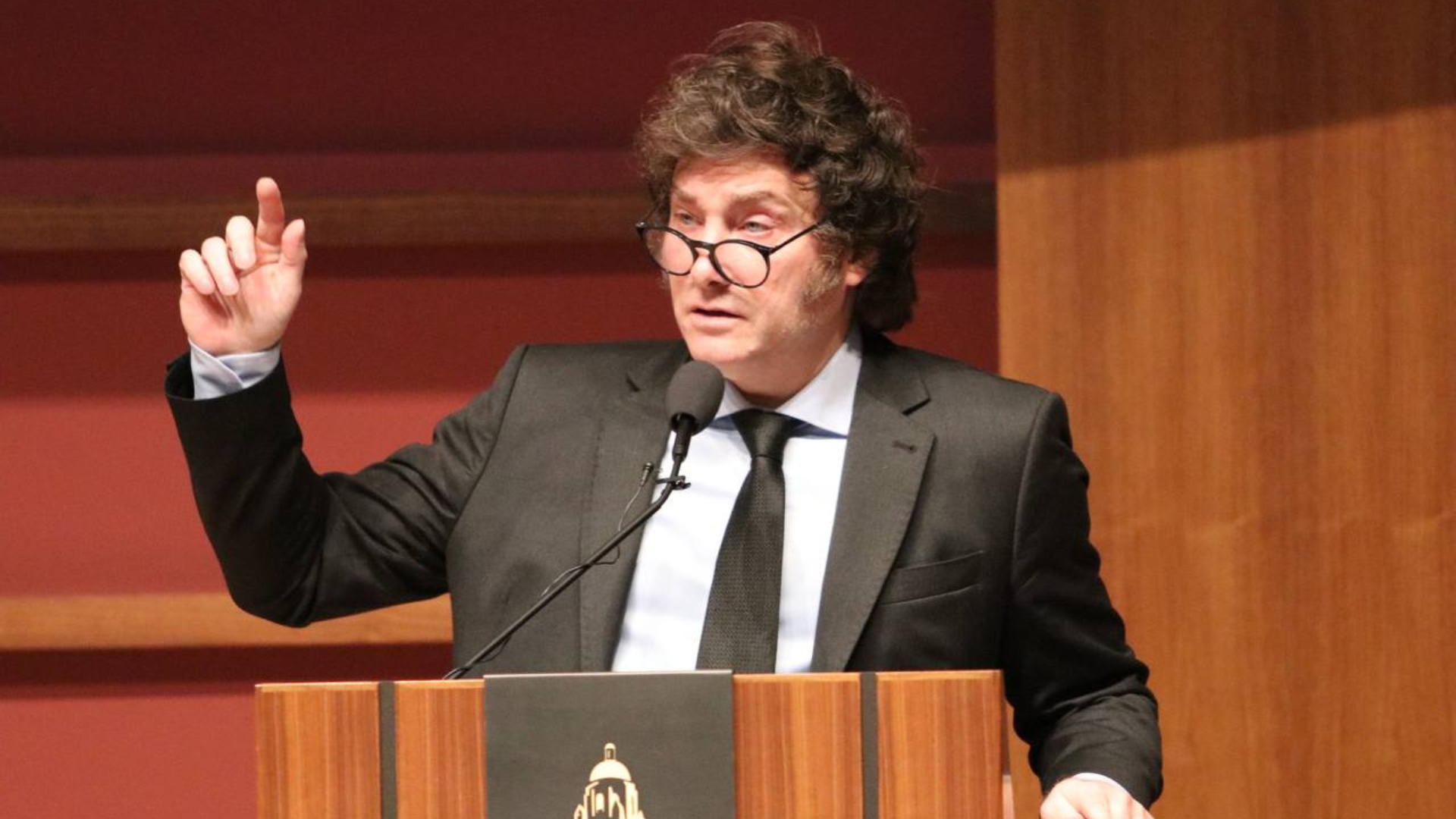In the evening, the president spoke at Stanford University and caused controversy when, addressing poverty, he said that people will “figure out a way not to starve to death” and that there was no need to intervene because “in the end someone will solve” the issue.
You’re the president, the buck stops with you. It’s so incredibly lazy to assume NGOs will pick up the slack from your poor leadership.
The “controversy” they talk about is when He is talking about market failures and brings up the “externalities” that are the side effects (which can be negative or positive, but when talking about a market failure you are talking only about the negative) that occur when producing or consuming.
A well-known example for externalities is pollution: I am a company, I produce, but I “externalize” the expenses associated with my production by throwing waste into the environment (something we pay as a society when in reality the responsibility is private).
But that is an externality in production.
He speaks of an externality in consumption that would be when the side effect arises from the fact of consuming.
Now those are similar, but for consumption.
For example, the case of the pandemic in the USA when the people were going to the supermarkets to stock up on toilet paper, leaving them empty. The negative externality of consumption there is that there are people who couldn’t wash their butts
I hope that makes sense
In this case, bringing it to the example of toilet paper, the guy is saying something like that, eventually, people are going to stink so much that they are going to look for an alternative to toilet paper. Therefore, proving that the market did not fail because it was actually part of the market discovery process.
Now, it is one thing to think that he is wrong and another different thing to not understand what he’s referring to.
And whatever the case, it is true that cutting the context is quite hypocritical and biased because it is talking about a hypothetical situation where he counterargues using absurdity.
That is, regardless of what you may think about what he said or whatever his argument exactly is, it is certain that he is not referring to what we all understood when we read the subtitle of the news.


